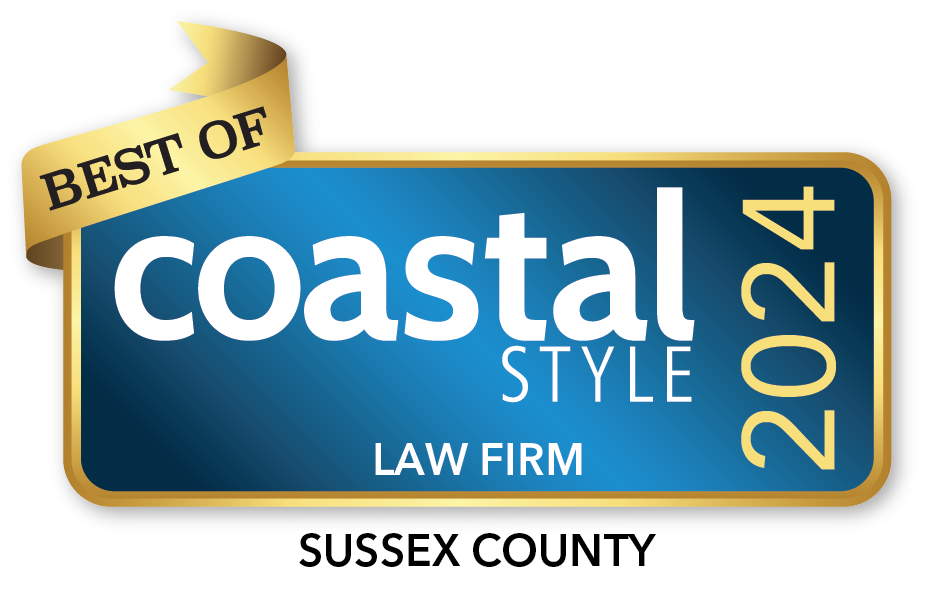In recent years, so-called “flipping scams” have received widespread attention in the media. How does it work? An unscrupulous investor purchases a cheap, run-down, property. Usually, the property is situated in a low-income neighborhood. In some circumstances, the investor will perform some shoddy improvements to the property. Then, the investor sells the property to an unsophisticated buyer at an inflated price. Typically, the investor conspires with an appraiser and a mortgage broker to submit fraudulent documents in order to obtain a mortgage loan for the buyer. In the end, the buyer has a house that isn’t worth what he or she paid for it and a mortgage loan that is too expensive for the borrower to repay. In essence, what is commonly referred to as a “flipping scam” is, quite simply, loan fraud.
Some steps a buyer can take to protect himself or herself are as follows:
- Determine how much the house is really worth before entering into any agreement to purchase the house (an independent appraiser or a real estate agent may be of help in this regard; otherwise, local property transfer records contain valuable information on recent sales of comparable properties);
- Check the names of the current owner, the last sale date, and the last sale price (here again, the local property transfer records will be an invaluable resource);
- Obtain a home inspection (usually from $300 – $500);
- Don’t agree to falsify your financial information, if asked to do so, for purposes of a mortgage application;
- Get any promises made by the seller with regard to the property in writing;
- Check with the local housing authority to determine the existence of any outstanding code violations in connection with the property; and
- Rely on instinct because, if a deal seems too good to be true, it probably is.
For more information on flipping scams and issues of interest to prospective home buyers, contact
The Department of Housing and Urban Development
Office of Fair Housing Opportunity
Room 5204
451 Seventh St. SW
Washington, D.C. 20410-2000
Telephone: 1-800-669-9777
TDD: 1-800-927-9275
Website: hud.gov


